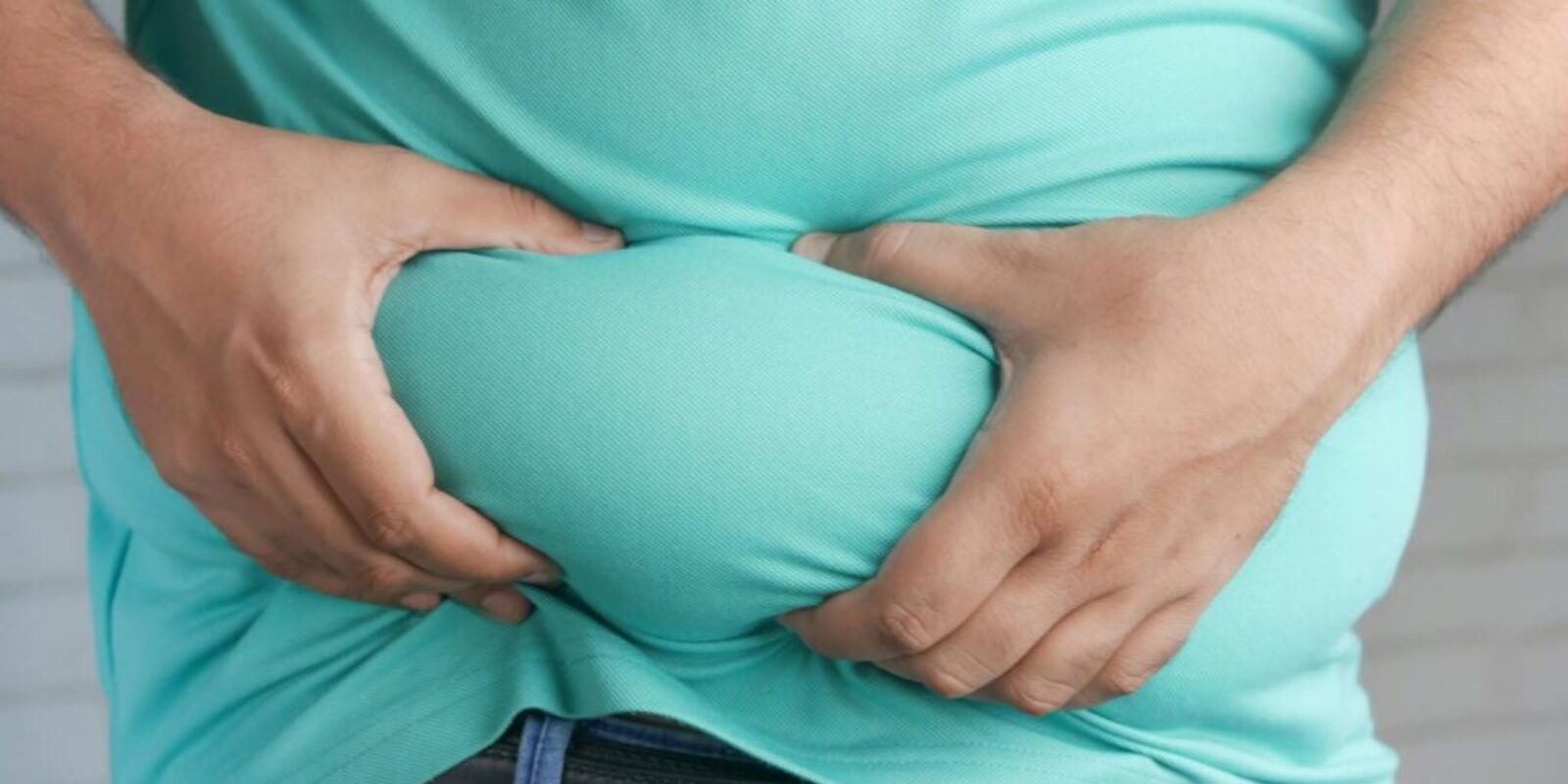Losing belly fat quickly requires a combination of a calorie-controlled diet, regular exercise, and lifestyle modifications. Focus on nutrient-dense foods, exercise regularly, manage stress, and get sufficient sleep to create a sustainable fat loss plan. While results may take time, consistency in following these strategies will help you reduce belly fat and improve your overall health.
1. Follow a Calorie Deficit Diet
To lose fat, you need to consume fewer calories than your body burns. This can be achieved by reducing your calorie intake through a balanced diet. Focus on eating whole foods like vegetables, lean proteins, fruits, and whole grains, while limiting processed foods, sugars, and unhealthy fats. A moderate calorie deficit (eating about 500 fewer calories per day) can help you lose 1–2 pounds of fat per week, leading to gradual belly fat reduction.
2. Increase Protein Intake
High-protein diets are effective for promoting fat loss, including belly fat. Protein increases satiety, helping you feel fuller for longer and reducing overall calorie intake. Additionally, protein boosts metabolism and helps preserve muscle mass while you lose weight. Include lean protein sources like chicken, turkey, tofu, fish, eggs, and legumes in your meals to support fat burning and muscle maintenance.
3. Engage in Cardiovascular Exercise
Cardiovascular exercises like running, cycling, swimming, or brisk walking help burn calories and fat across the body, including the belly. High-intensity interval training (HIIT) is particularly effective because it increases your heart rate, burns calories in a shorter amount of time, and continues to burn calories even after the workout (known as the “afterburn effect”). Aim for at least 30 minutes of moderate-intensity cardio, 4-5 times a week.
4. Incorporate Strength Training
Strength training helps build muscle, which boosts your metabolism and promotes fat loss over time. While you can’t target belly fat specifically with strength exercises, increasing muscle mass throughout your body encourages overall fat burning. Focus on full-body exercises like squats, lunges, push-ups, and deadlifts, as well as core-focused movements like planks and leg raises to strengthen your abdominal muscles.
5. Reduce Sugar and Refined Carbs
Excess sugar and refined carbohydrates contribute to weight gain, especially around the belly. These foods cause spikes in insulin, which promotes fat storage, particularly in the abdominal area. Cut back on sugary drinks, snacks, pastries, and white bread. Instead, opt for whole grains like quinoa, brown rice, and oats, and choose natural sweeteners like stevia or small amounts of honey when you need sweetness.
6. Stay Hydrated
Drinking plenty of water is crucial for fat loss and overall health. Water helps regulate your metabolism, keeps you hydrated during exercise, and reduces bloating, which can make your belly look puffier. Drinking water before meals can also help curb hunger, making it easier to stick to your calorie goals. Herbal teas like green tea may also have metabolism-boosting properties that assist in fat burning.
7. Get Enough Sleep
Sleep is essential for weight loss, particularly when it comes to belly fat. Lack of sleep increases the production of cortisol, a stress hormone that can promote fat storage in the abdominal area. Aim for 7-9 hours of quality sleep each night. Good sleep supports the balance of hunger-regulating hormones, helping you make healthier food choices and stay on track with your weight loss goals.
8. Manage Stress
Chronic stress leads to higher cortisol levels, which have been linked to increased belly fat. Practicing stress management techniques such as meditation, deep breathing, yoga, or mindfulness can lower cortisol levels and prevent emotional eating. Managing stress effectively not only helps with belly fat loss but also promotes better mental and physical health.
9. Limit Alcohol Consumption
Alcohol can contribute to weight gain and belly fat accumulation, especially if consumed in large quantities. It contains empty calories and promotes fat storage around the abdominal area. Reducing or eliminating alcohol intake can lead to noticeable improvements in belly fat. If you choose to drink, do so in moderation—limit yourself to one or two drinks per occasion and opt for lighter options like wine or spirits mixed with water.
10. Avoid Processed Foods and Trans Fats
Processed foods, especially those high in trans fats, are linked to belly fat accumulation and other health issues. Trans fats, commonly found in fried foods, packaged snacks, and margarine, can increase fat storage and inflammation in the body. Focus on whole, nutrient-dense foods like fruits, vegetables, nuts, seeds, and healthy fats (such as olive oil or avocado) to promote fat loss and support a healthy metabolism.




